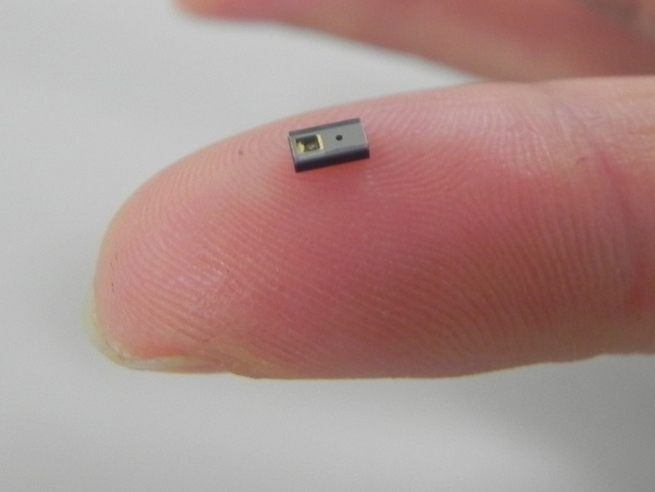KYOCERA to Expand Medical Product Development
By integrating manufacturing and R&D operations, company plans to strengthen development of medical products including wearable and implantable devices.
28 November 2017
Kyoto/London – Kyocera Corporation (President: Hideo Tanimoto) today announced plans to expand operations at its new Medical Development Center, which opened in Japan’s Shiga Prefecture at the company’s Shiga Yasu Plant in April 2017. The new Medical Development Center integrates medical product manufacturing and R&D operations for Kyocera to aid in future innovations such as wearable and implantable devices.
The Kyocera Group offers a wide range of products and services in the medical sector — including orthopedic / dental implants and electronic components for medical devices. To maximize synergies in device-related businesses, Kyocera Medical Corporation, a former wholly owned subsidiary, was merged into Kyocera Corporation in April this year. As part of the consolidation, Kyocera is currently combining three Japan-based manufacturing operations for medical devices into the Shiga Yasu Plant, and additionally established the Medical Development Center which integrates R&D activities. Through the integration, the company aims to unify manufacturing and R&D operations, and expand business in health and medical markets in a speedy manner.
The company is increasing the development team and accelerating the development of medical products such as wearable and implantable devices by leveraging its expertise as a producer of components. Recent Kyocera developments include a miniaturized blood-flow sensor as well as earbuds with this sensor build in. With the earbuds, the company is developing applications such as monitoring health conditions while listening to music, and is also promoting the development of new devices utilizing the blood-flow sensor. The company is also engaged in a collaborative project with Kyoto University and Osaka University to develop a new cochlear implant. Furthermore, Kyocera Communication Systems Co., Ltd. — a subsidiary which offers information and communications technology (ICT) solutions — recently launched a joint research with the University of Tsukuba to develop an Artificial Intelligence (AI) system capable of detecting skin diseases by analyzing digital images of a patient’s skin. Through these projects, the Kyocera Group aims to create various new businesses in the health and medical field.
For more information on Kyocera: www.kyocera.eu
Editorial Material
- Press information (pdf) (279.59 KB)
- Press picture (jpg) (142.10 KB)
Contact for technical information:
Mr. Kenichi Hara
E-Mail: webmaster.pressgl@kyocera.jp


